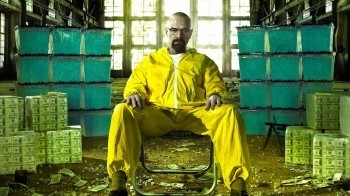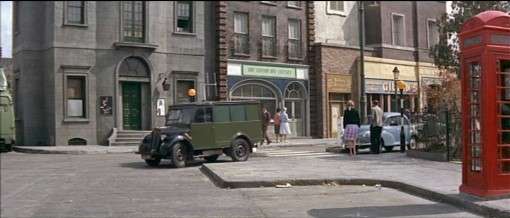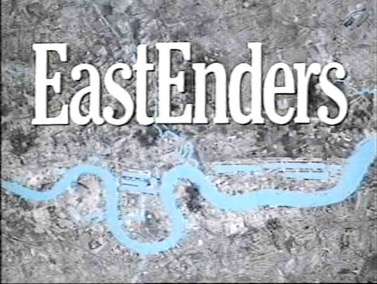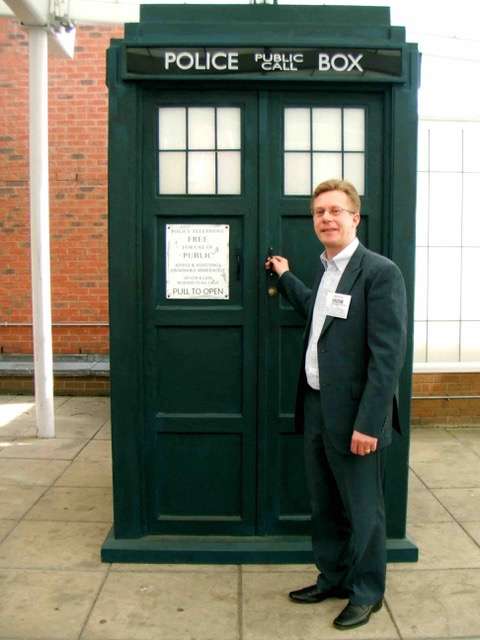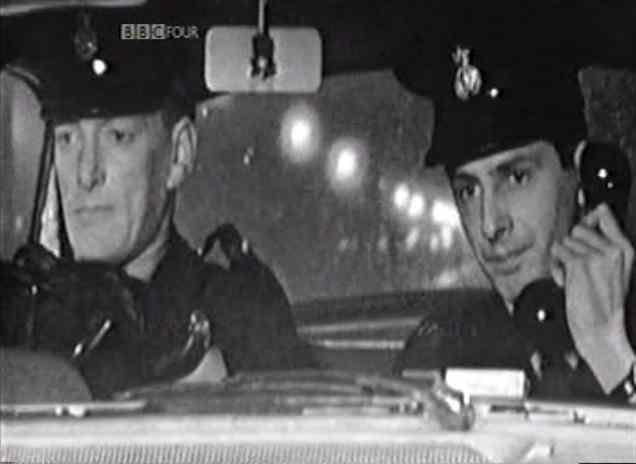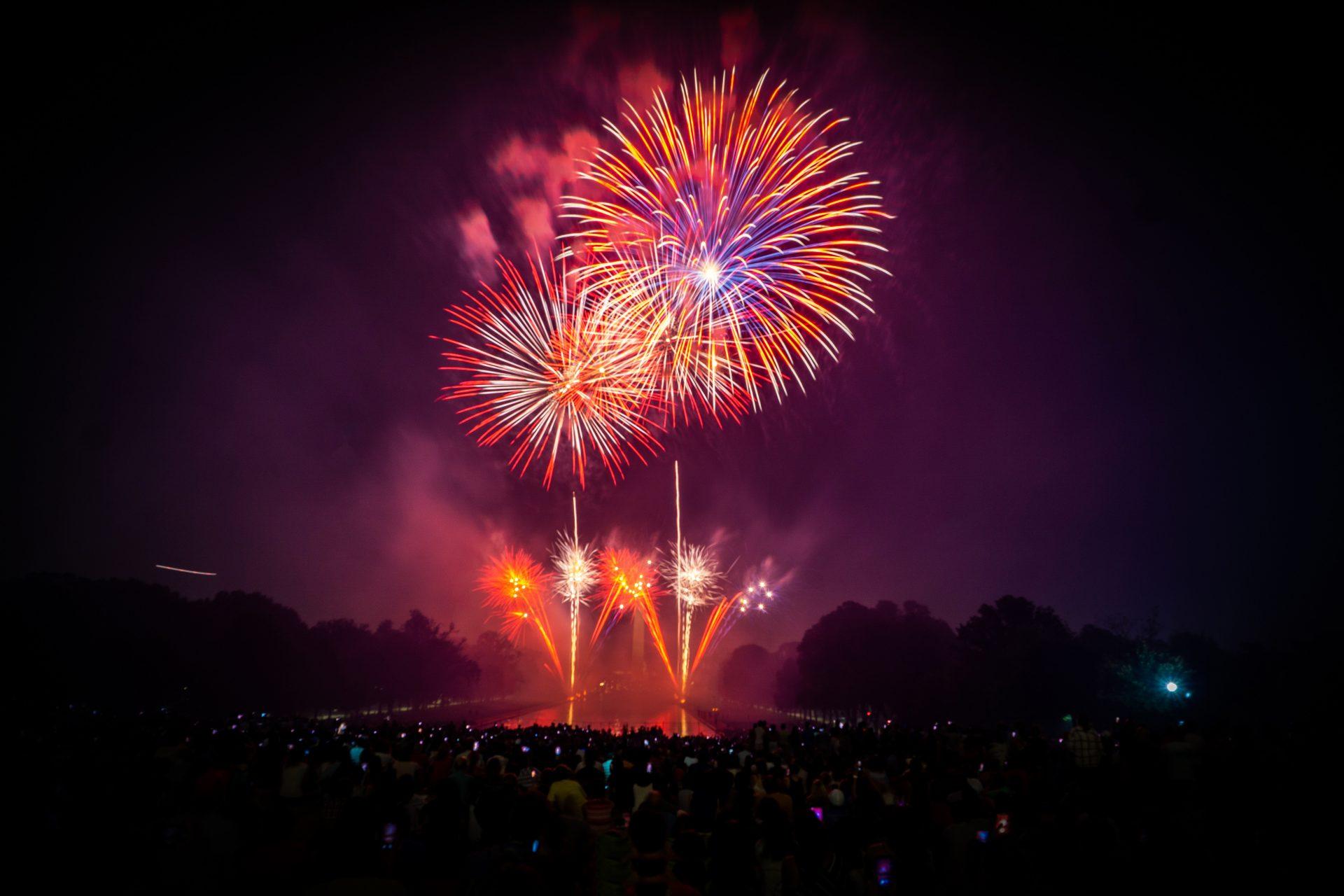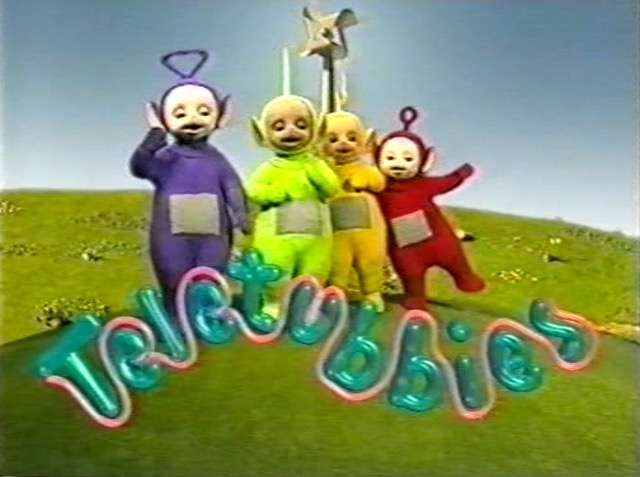
The British pre-school children’s television programme Teletubbies was made by Ragdoll Productions for BBC and first screened from 1997-2001. To my delight it was announced at the end of September that the series will return later this year, now produced by DHX Media.

